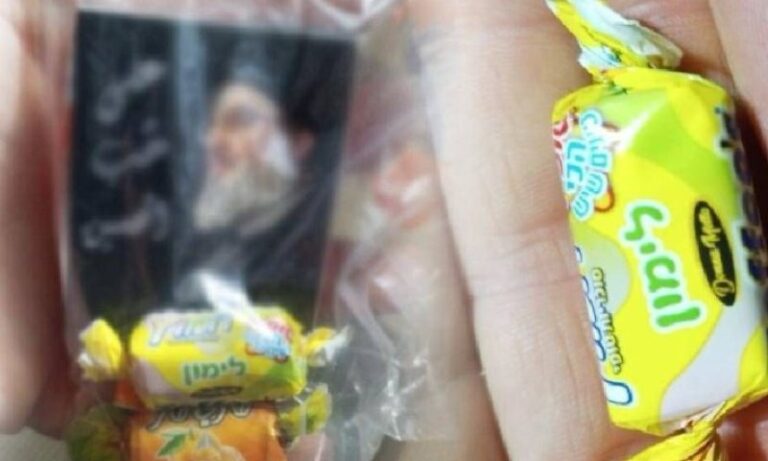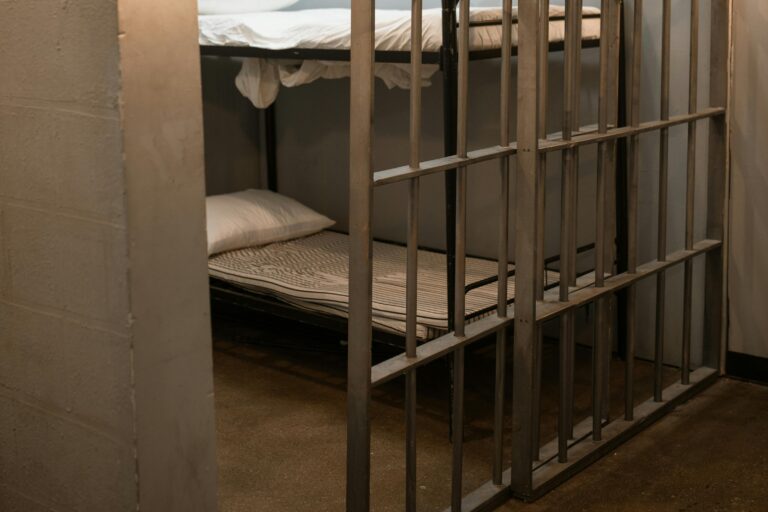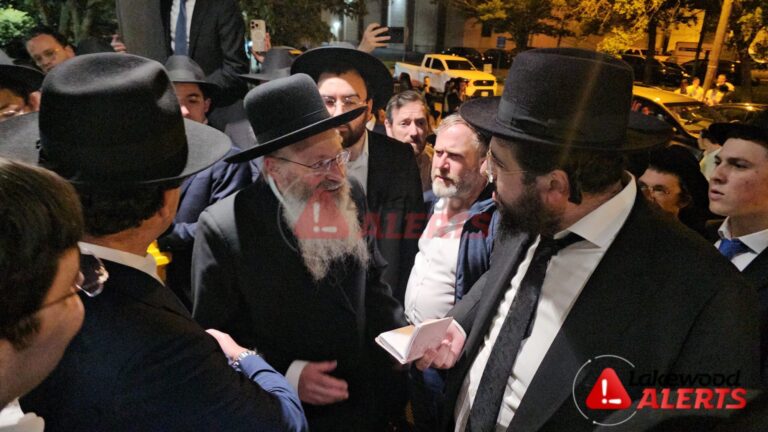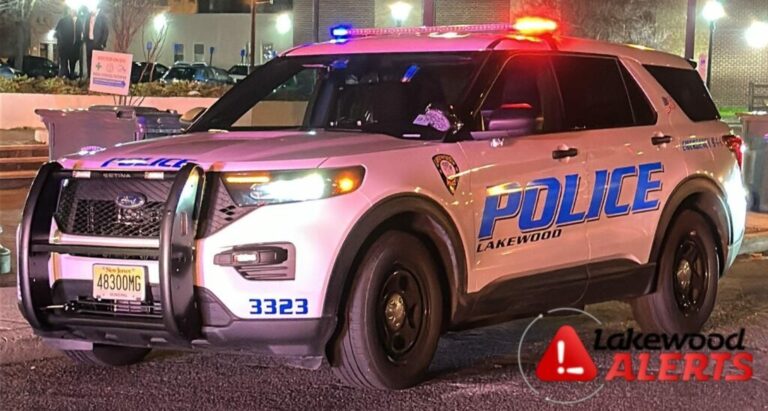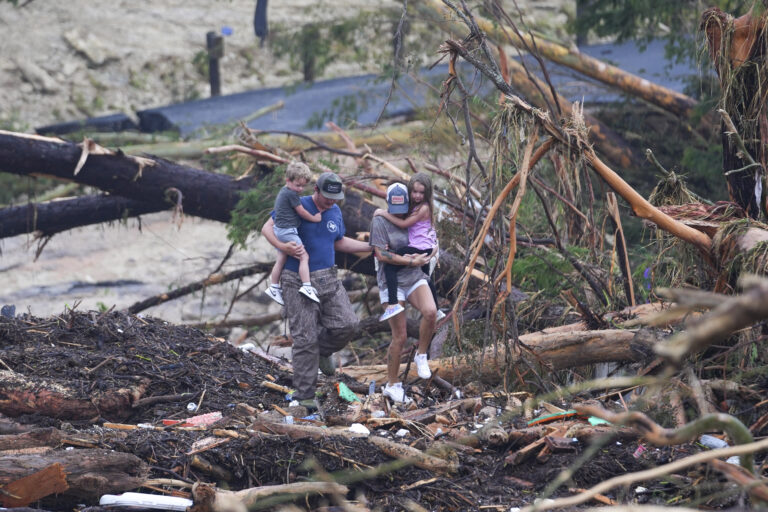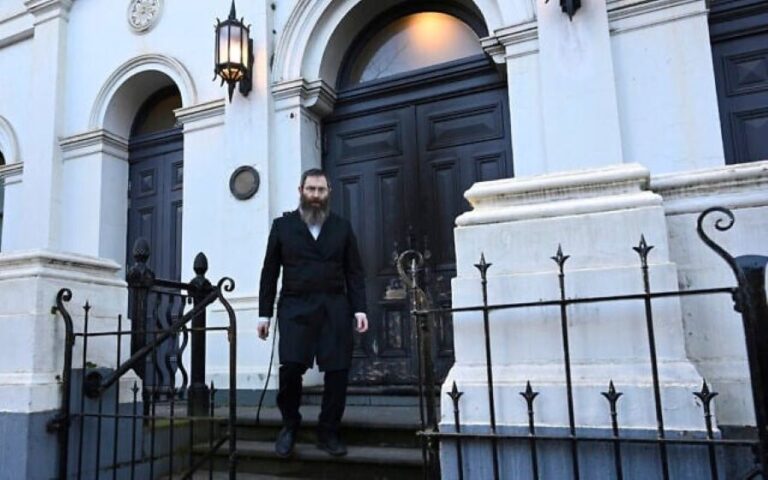By Rabbi Yair Hoffman for 5tjt.com
Americans love donuts. Indeed, Krispy Kreme sold 1.63 billion donuts last year. Dunkin’ sold even more, with 2.9 billion of them sold. (Some would argue that this is misleading in that the 2.9 figure includes munchkins which can be sold in 25 or 50 count boxes, but we digress).
With this in mind, let us now examine the following question. Bear in mind that this was a real question, but several details have been changed so that the people involved not be identified and hurt.
QUESTION:
Reuvain who worked in the same office as Shimon, asked if he could borrow his car. Shimon responded, “No problem,” and gave him his keys. Reuvain drove Shimon’s car, but left the windows wide open – instead of locking it.
A different co-worker told Shimon that he saw that his car windows were left open, and the car was unlocked. Shimon went down and locked the car.
“Reuvain, what happened? The windows were left open..”
“I was in a rush and didn’t get a chance to roll up the windows.. These things happen.”
“But my donuts were stolen!”
“Look I took responsibility on your car, not anything in it.”
“Are you serious?”
“Yes, I am a sho’el, a borrower, on the car. True, I was poshaya – negligent. But nothing happened to the car, right? As far as the donuts are concerned – I never borrowed your donuts nor took responsibility for them!”
ANSWER
Reuvain must pay Shimon for the donuts. The Pischei Teshuvah in Choshain Mishpat 291:8 rules that when one borrows a house, responsibility is taken upon everything in the house – even if it is not specifically stipulated.
The underlying rationale of this idea emanates from a concept called, “Well, if he doesn’t watch it – then who will watch it?” In other words, since the owner of the vehicle is not there, and he gave it over to the person using it, that second party must watch over everything.
The Shulchan Aruch CM 291:2 discusses a case where someone was asked by his friend to transport a pair of shoes. That person said, “leave them here on the donkey.” He did. The person continued without securing the shoes on the donkey safely and the shoes were destroyed by the donkey squishing them against a narrow wall.
This halacha is based upon a Teshuvas HaRosh (94:4.) The Machaneh Efraim in Hilchos Shomrim (Siman 1) seems to imply that the fact that the owner is not present is what causes the acceptance of responsibility on everything. This is also the indication of the Nesivus in 291:1. The concept also has far-reaching ramifications in numerous situations too. What if there was a power outage in a summer rental that was rented to another person, and the owner had a freezer filled with meat?
There is a distinction in halacha between an indirect cause and a clear and present repercussion of an indirecy cause. The former is called a grama while the latter is called a garmi. Grama damages are exempt in this world, but are deemed chayav – guilty from a Heavenly perspective. If Reuvain were to rip up Shimon’s train ticket, for example, that is a Garmi form of damage. If Reuvain were to poison Shimon’s dog by placing a poisonous food next to him, this is considered Gramah not Garmi. It may very well be that Shimon’s animal will not eat the food. Garmi damages are enforceable in a Bais Din. Gramah damages are not.
The verse in Shmos (21:34) states, “The owner of the pit shall surely pay..” The Ramban (Bava Basra 175b) rules that this verse is a Mitzvah incumbent upon the one who damages regardless of whether a Jewish court of law is empowered to collect the damages or not. The Ktzos HaChoshen (39:1) cites this Ramban as authoritative Halacha.
The obligation to pay for damages even one that is not fully enforceable is a greater obligation that a fine-based obligation . How so? A fine is only imposed when a Beis Din finds that the person is guilty. But when one has actually damaged – then the payment is monetary in nature as opposed to punitive and is worse (See Chidushei haRim cited in Pischei Choshain 10:9).
CENSORING
A Bais Din can also severely censure a damager who does not make restitution to the one who was damaged and does not appease him. If the damager paid the victim an amount that the Bais Din deems to be sufficient, then the censure is removed even if the victim was not appeased (See CM 1:5).
When payment must be made, he is obliged to pay these damages with the best of his fund (See SA CM 389:2). If he had properties with a lien on them, the damaged party may collect from those properties as well.
THE ATTITUDE
There are other underlying issues and debates here, which would make for a fascinating shiur. There is a debate as to whether a kinyan must be made in order to take on responsibility and whether, in this case a kinyan was made. What concerned a number of people in the underlying discussion was the attitude of Shimon. There was no apology for leaving the windows of the car open. To be dan Shimon lekaf z’chus, however, maybe he left the windows open so that the donuts would not melt.
The author can be reached at [email protected]




